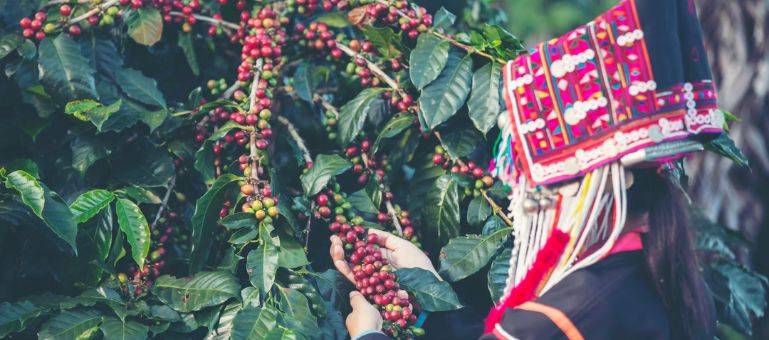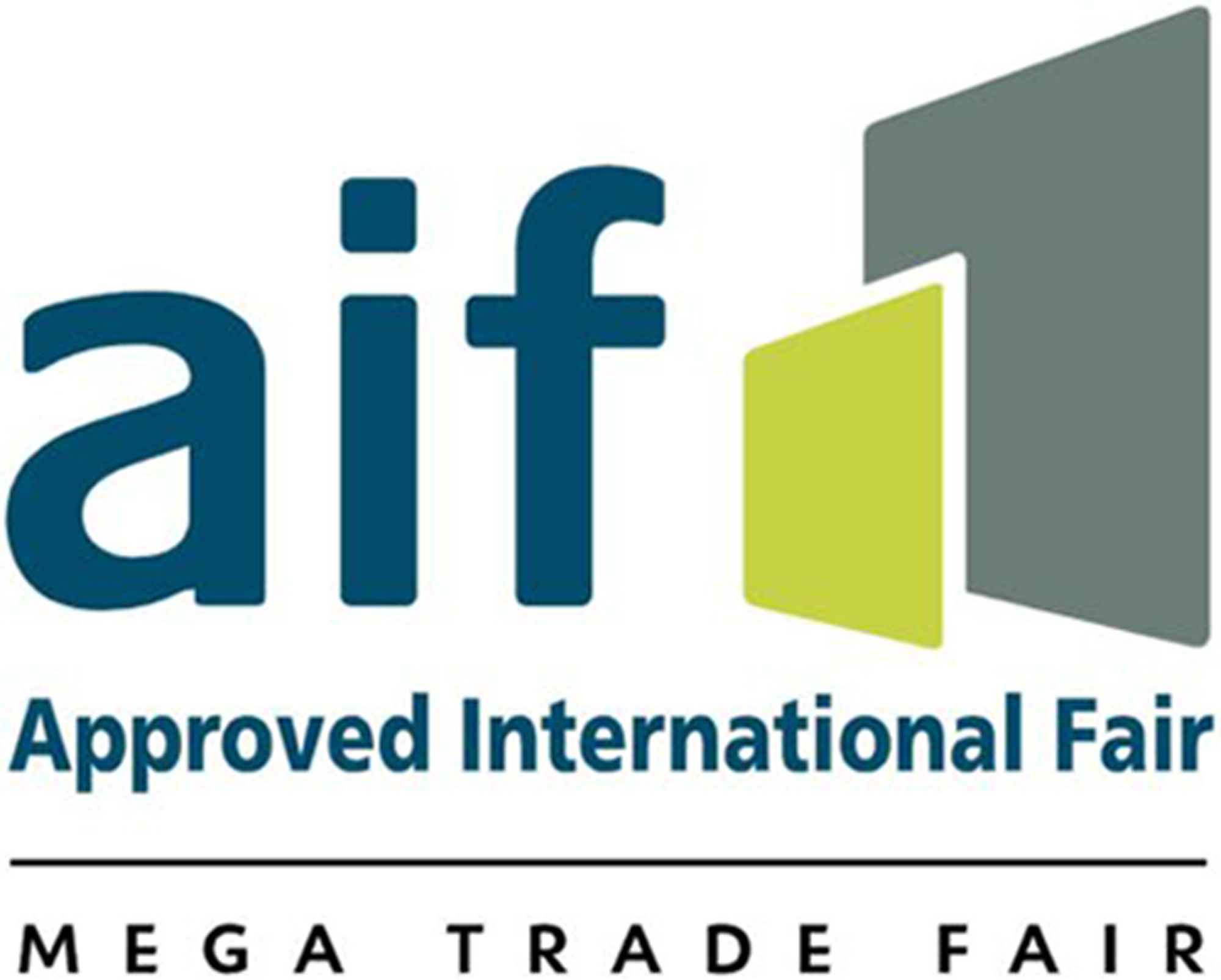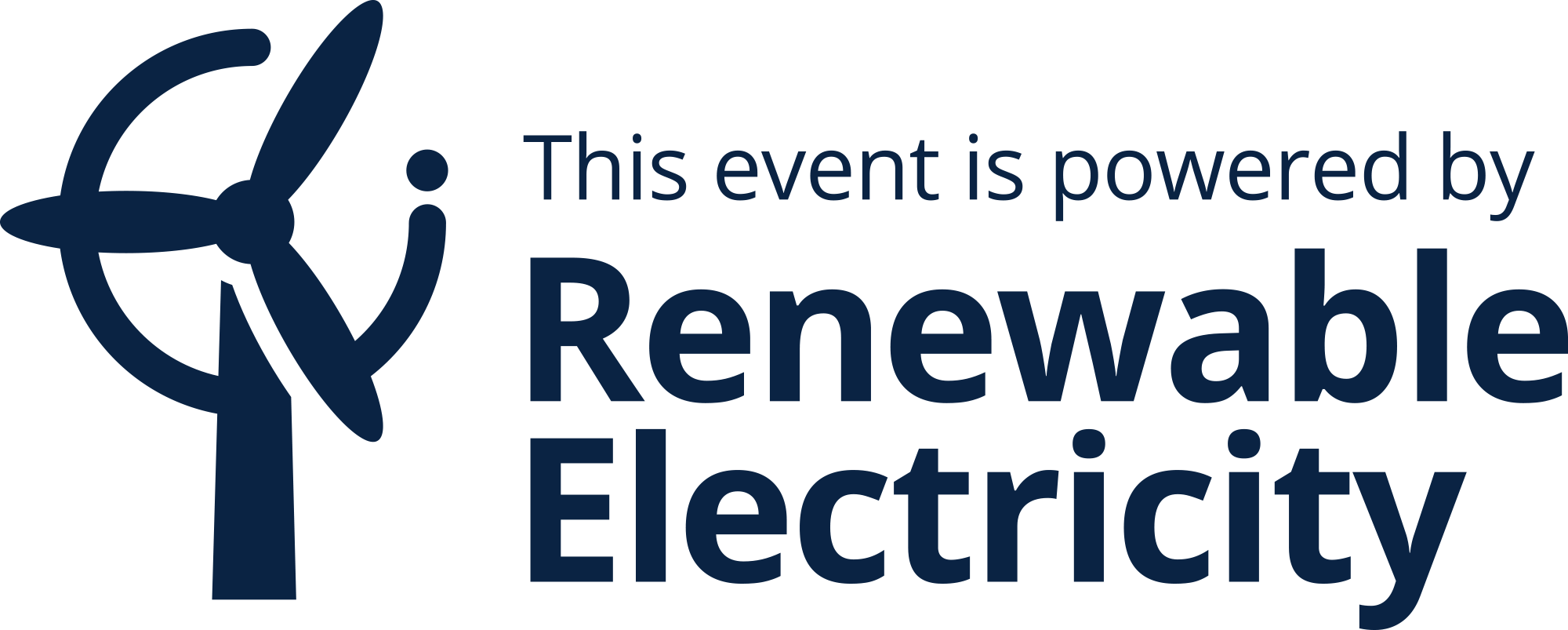Every agricultural industry is going through a sustainability crisis, and the coffee industry is not safe from allegations of unethical cultivation practices.
Revenue in the coffee market amounts to US $88bn in 2023, but farmers receive only 7 to 10% of the marked retail prices.
A report concluded that 62% of Americans drink coffee daily, with an average of 3 cups of coffee per day and a total of 400 million cups per day in the US.
The exponential rise in coffee consumption has concerned international forums about the increasing cultivation of coffee beans. The threat of changing climate and deforestation has led to environmental challenges in cultivation.
Coffee beans have a profound story of cultivation, sourcing, and consumption. The coffee industry must undergo revolutionary changes to embrace ethical considerations and advance sustainable sourcing practices.
If you are willing to make your coffee company’s practices ethical, you must understand the intricate web of the coffee supply chain. Only then can you build a safe ecosystem and work for the well-being of coffee-growing communities.
To explore the significance of ethical coffee sourcing and sustainability, where we learn what are some of the major societal problems with coffee production and how to solve them.
The Complex Coffee Supply Chain

Like any other plant production, the coffee bean goes through a journey from seed to cup. What makes the journey complicated is the intricacies of diverse stakeholders.
You need to understand how the farmers nurture the coffee plants, the exporters facilitate global distribution, and the roasters craft the perfect blend. This results in coffee beans that consumers can savor.
Each supply chain step holds a key to sustainability challenges and ethical implications.

The journey begins at the source, where coffee-growing communities around the world are involved. Growing communities are often small-scale and belong to underdeveloped or developing countries.
This puts their cultivating farms at risk of environmental shifts. Additionally, the farms are located in rural areas with steep inclines. This makes it difficult to carry out machine harvesting.
It is important to acknowledge that coffee bean nurturing relies on manual labor, most of which includes children. A report from Vietnam concluded that 34,131 child laborers aged 5 to 17 work in coffee-growing fields.
The next step in the chain is processing the coffee beans. While this can be done in the growing fields, many farmers do not have the facilities to outsource this process. This step determines the quality of the beans and whether they can be exported.
After processing and milling, this is where the role of exporters becomes pivotal. Exporters buy the coffee beans from the farmers to sell them further. The choices the exporters make influence profit margins and carry profound ethical weight.
With sound knowledge of the coffee industry, exporters are able to find the right coffee suppliers for the beans.
Collaborative industry roles arise here, responsible for ensuring fair compensation for farmers and environmentally conscious sourcing practices. This resonance between ethical choices and industry roles is the backbone of a sustainable supply chain.
In order to find a supplier who will purchase the coffee beans from the exporters at a fair price, the exporters must have a valid trading license. Small-scale farmers are poorly compensated for their efforts if the exporters do not have a license.
Suppliers buying coffee beans from African, European, and South African exporters now look toward roasters.
The roasting process is one of the crucial steps as it determines the flavor the coffee bean takes on. This requires skill; the final products are dark, medium, and light roast coffee beans.
Roasting requires technique and knowledge of the coffee bean and its origins. The method and the coffee bean type determine the price point to be sold to markets ahead.
After this, the coffee beans are physically ground and brewed. Retailers package and brand the coffee bean products, supplying them to global markets.
Consumers find themselves part of this intricate narrative even at the end of the line. Awareness of the coffee bean journey can help them support green coffee bean growing for ethical practices. Their choices echo back through the supply chain, influencing stakeholders to uphold sustainability.
Fair Trade and Direct Trade Models
The concepts of fair trade and direct trade have emerged in the coffee industry to reshape traditional sourcing practices. These models, rooted in ethical trade practices, ensure equitable compensation and foster sustainable livelihoods for coffee-producing communities.
The fair trade model advocates for a fairer distribution of profits along the supply chain. It ensures that coffee farmers receive a fair share of tangible benefits.
Equitable compensation by fair trade can break the cycle of exploitative wages. It allows coffee-growing communities to access basic amenities and invest in their future.
Another alternative approach, direct trade, is an opportunity for direct relationships between coffee producers and buyers. This model not only enables equitable compensation but also fosters a deeper connection between consumers and the origins of their coffee.
Through this, there is no need to involve intermediaries such as exporters and suppliers. Growing communities are given a chance to survive, thrive in the market, and negotiate prices on their own terms.
Both models highlight the significance of responsible sourcing. Ethical trade practices encompass a commitment to respecting the efforts of coffee growers, ensuring they receive a fair share of the value they create.
It gives rise to community development. Farmers can invest in sustainable cultivating practices that align with the broader goal of a balanced ecosystem.
Environmental Impact and Shade-Grown Coffee
Amongst the challenges coffee cultivation encounters, the environment has the largest impact.
The conventional methods of coffee farming are able to meet the world’s demand for coffee but come at a price for the environment.
This results from deforestation, the consistent use of chemical fertilizers, and monoculture practices that contribute to the degradation of ecosystems.
A new cultivation method has emerged recently, namely shade-grown coffee. This practice aims to grow coffee beans without compromising on nature’s reserves.
Under this practice, coffee is cultivated under the canopy of diverse trees, and shade-grown practices create a sanctuary for biodiversity. The shade trees of various heights provide habitats for birds, insects, and other wildlife, fostering a balance in the ecosystem.
This practice contributes to soil enrichment and the nourishment of the earth itself. The protective canopy helps retain moisture, prevents soil erosion, and encourages the natural recycling of nutrients. The result is soil that can support the entire ecosystem.
On the contrary, conventional sun-grown coffee does not have any trees on cultivating farms. This means it requires a higher percentage of pesticides to be used, which also seeps into the soil.
Farmers yield higher produce and outputs from coffee grown in the sun, as it is a faster process. This requires a careful balance to meet the supply and demand chain.
Organic and Certified Coffee

With more awareness, consumers are looking for coffee that is ethically sourced, sustainable, and of superior quality.
Organic coffee signifies a shift in cultivation practices. It is all about chemical-free cultivation. It speaks of the health of the soil. It does not use synthetic pesticides and fertilizers. Instead, organic farming nurtures the long-term fertility of the soil.
Certified coffee is one step ahead of organic coffee. It has a badge of sustainable certification with a commitment to ethical quality standards. Certifications like USDA Organic and Rainforest Alliance vouch for the absence of chemicals.
The process of certification is rigorous, encompassing considerations of fair wages, ecosystem preservation, and responsible practices. Therefore, it guarantees ethical quality standards for growing communities and roasters.
Supporting Coffee-Growing Communities
At the core of ethical coffee sourcing lies the truth about coffee production. It is a livelihood and a tradition for many growing communities.
So, how can we support and enrich the growing community?
The first point is ethical livelihood enhancement forms. These ensure fair wages for the farmers, with an aim to provide a pathway to brighter futures. Since many coffee farms employ child labor, such reforms encompass access to education and healthcare.
Suppliers and retailers can build a strong coffee bean product image at an industrial level. This helps the beans stand out from cheaper products and builds reputations for the farmers.
Multinational brands have taken initiatives to connect with farming communities and provide them with resources to fight the tough living conditions. This is a crucial step in local empowerment.
Starbucks has loan programs and resource centers that provide resources and expertise to help lower the cost of production and reduce fungus infections.
The Strauss Group works with women growers through the More than a Cup project to improve their access to markets.
Traceability and Transparency
Consumers and businesses moving towards sustainable practices are looking for traceability and transparency in cultivation. This is necessary as it helps make informed decisions.
Traceability takes consumers to the fields where the coffee beans were nurtured. This connection is essential to bridge cultures, traditions, and stories. This knowledge fosters a sense of consumer empowerment, where each purchase is an endorsement of values aligned with responsible sourcing.
Transparency in the coffee industry talks about production practices, labor conditions, and environmental impact.
Businesses that value transparency share a story inviting consumers to participate in a larger movement. This inclusive coffee knowledge makes the experience more meaningful for customers and growers.
Coffee Initiatives and Partnerships
Multiple initiatives and projects are working to promote and transform lives through ethical coffee initiatives.
Coffee Kids, for instance, directs its spotlight towards the younger generation, cultivating skills and dreams that transcend the boundaries of coffee fields.
The International Coffee Organization reported that, on average, between 20% and 30% of coffee farms are female-operated, and women provide 70% of labor in coffee production.
Initiatives such as Women in Coffee acknowledge women’s pivotal role within the industry. It raises global funds and offers opportunities to support female farmers in growing their small-scale businesses.
Challenges and Future Directions
Sustainable adaptation gives coffee producers and stakeholders a chance to seek ways to fortify their practices against the unpredictability of climate change. The drastically changing weather patterns and extreme conditions demand a shift toward climate resilience.
It encourages cultivation methods and land management innovations that safeguard coffee quality and the environment.
The role of technology is important in shaping the future of ethical coffee sourcing. Retailers can use blockchain and satellite imagery for transparency and traceability. This allows consumers and businesses to make informed choices that resonate with their values.
The industry evolution requires roasters to set up e-commerce businesses to reach a wider audience. Additionally, adopt recyclable and reusable packaging that does not compromise the quality of the beans.
The most important aspect of the green coffee bean supply chain is providing the growing communities with the equipment and teaching them the use. Each supplier should be responsible for reaching out to farmers with sustainable practice methods.
Conclusion
The coffee industry has a complex supply chain that requires intense manual labor, which is not fairly compensated for its efforts by the intermediaries. Consequently, the growers are forced to rely on practices not friendly to the environment.
Thus, ethical considerations in coffee sourcing and sustainability guarantee fair wages and the use of eco-friendly methods. This results in satisfied growing communities and happy consumers.
In order to balance the demand for coffee and its production, you should be looking to adopt safer cultivating methods for farmers and consumers alike.















